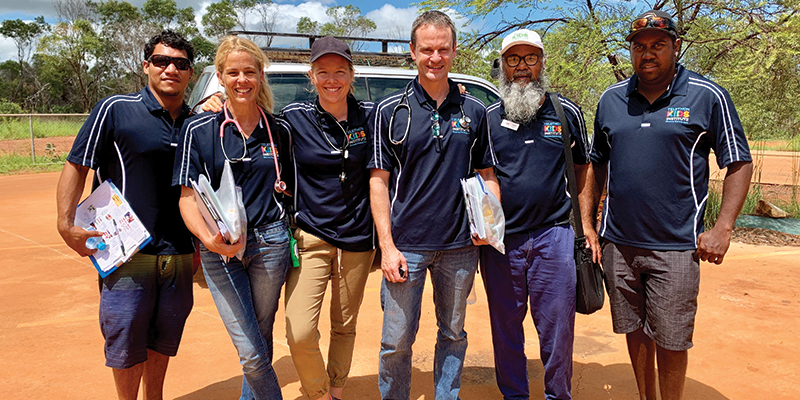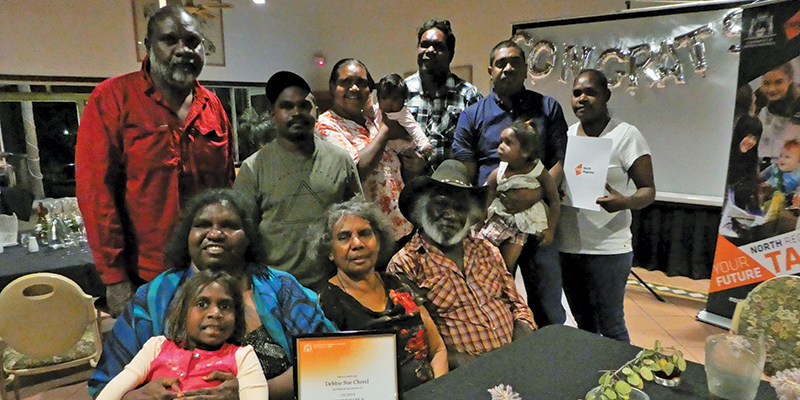Search

News & Events
Back to school anxiety: How to help your child transition into the new school yearIt is natural for children to feel anxious about what a new school year will bring. Here's how to help make the first days and weeks easier on your child and the whole family.

News & Events
Parent of a year 7 student? Why now is the best time to talk to your child about drinkingYear 7 is a time of big change and challenges - and it's also the best time to start talking about alcohol.

News & Events
International COVID-19 ‘risk’ tool launched to reduce community transmissionThe Kids Research Institute Australia researchers have collaborated with global experts to launch an online tool designed to assess the risk of contracting COVID-19 and provide advice to reduce transmission.

News & Events
Child health research set to benefit from national grantsResearchers at The Kids Research Institute Australia have been awarded $4.6 million in national funding from the National Health and Medical Research Council (NHMRC) and Medical Research Future Fund (MRFF) to help support child health research.

News & Events
Starting school, coping with change - Monique RobinsonThe beginning of a new school year is just around the corner – and with this may come a big change in your and your child’s life.

News & Events
The Kids researchers named as finalists in 2020 Premier’s Science AwardsTwo The Kids Research Institute Australia researchers have been named as finalists in the 2020 Western Australian Premier’s Science Awards.

News & Events
Chance to showcase WA expertise on the international stage thanks to Aspire AwardsTwo of The Kids Research Institute Australia’s best and brightest will share in $10,000 of funding to use for investment in their professional growth through attendance at an international conference, when safe to do so.

News & Events
Researcher to plot evolving junk food landscape around every single school in PerthA The Kids Research Institute Australia researcher will map every food business and school in Perth to investigate the influence of the food environment on children’s food intake and health.

News & Events
Collaboration key to wet cough preventionPrevalence of chronic lung disease in Aboriginal children is conservatively estimated at 1.5 per cent

News & Events
Graduation goals for community researchersFive Fitzroy Crossing women have been awarded qualifications after working with The Kids Research Institute Australia’s Alcohol and Pregnancy & FASD Research Team.
